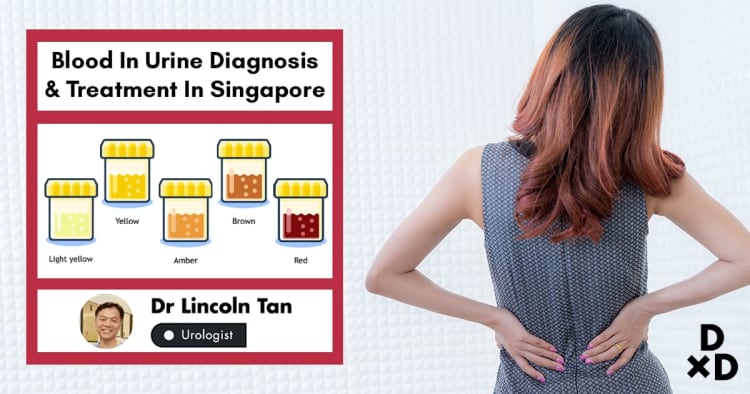You probably do not worry about your gallbladder very often. You might not even know what your gallbladder is. Sometimes, the gallbladder can hurt.
As a general surgeon, I will share with you my insights about the gallbladder in Singapore, from what it is to whether you can claim Medisave for gallbladder surgery.
What is a Gallbladder?
The gallbladder is a pear-shaped organ attached to your liver.
Its purpose is to store and concentrate bile from the liver, which will be sent to the small intestines (duodenum) through the bile ducts and used to break down large fat globules into small droplets of fat, so it can be more easily digested [1].
The gallbladder will cause trouble when something blocks the flow into the bile ducts. A typical cause is a gallstone. Gallstones are created as liquids harden in bile. Rarely, you may have cancer in the gallbladder, too.
Many gallbladder complications get better with the replacement of the gallbladder and you can live without one. Bile has other ways to reach your small intestine.
What are Common Diseases associated with the Gallbladder in Singapore?
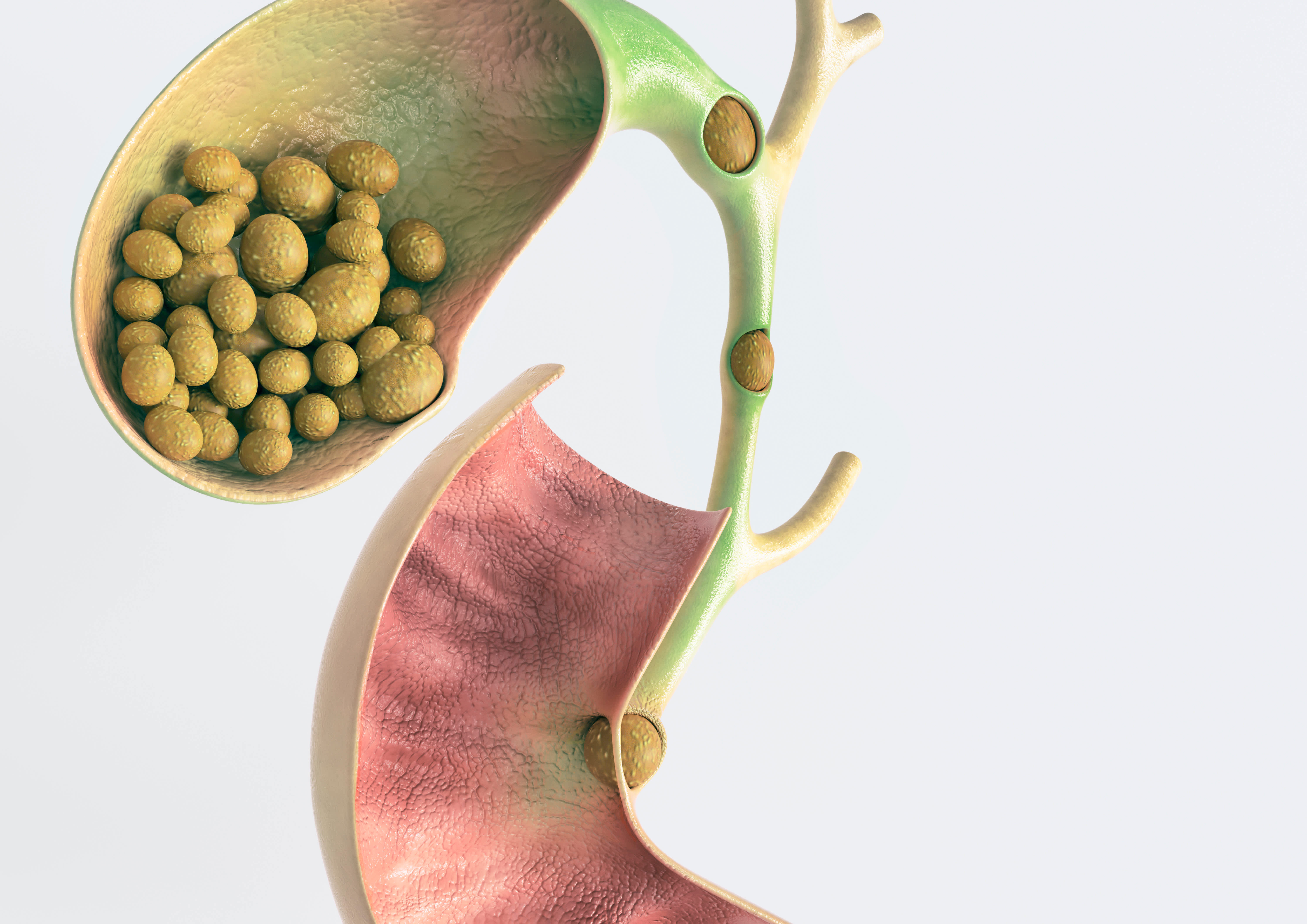
- Gallstones (cholelithiasis): formed by crystallised bile in the gallbladder
- Cholecystitis: Infection due to gallstones in the gallbladder
- Gallbladder Cancer: Often discovered at a late stage, it is difficult to diagnose and can grow undetected, but it is highly uncommon or rare [2].
- Gallstones Pancreatitis: inflammation of the pancreas caused by the blockage of the bile ducts by a gallstone [3].
What problems occur with the Gallbladder?
Gallstones
These are hardened and crystallised deposits of bile in the gallbladder that block the flow of bile through the bile ducts. There are many causes of gallstones.
Sometimes you may have too much cholesterol, too much bilirubin, or not enough bile salts [4]. This is also the main cause of many other gallbladder problems.
Also Read: When is surgery required for gallstones?
Gallbladder Attack
This happens when the gallstones block the bile ducts, after which the bile builds up in the gallbladder causing swelling that will trigger pain.
Gallbladder Diseases (Cholecystitis)
After the bile ducts are blocked by the gallstones, bile builds up and causes gallbladder inflammation. It can also be caused by tumours, infections, and other serious illnesses.
What happens if my gallbladder is not healthy?
There might be a pain if your gallbladder is not healthy. This may be due to gallstones or gallbladder infections. For those with gallstones, the stones can fall out of the gallbladder, creating a blockage in the lower area. It can lead to pancreatitis, jaundice or worse.
Is it possible to live without a gallbladder?
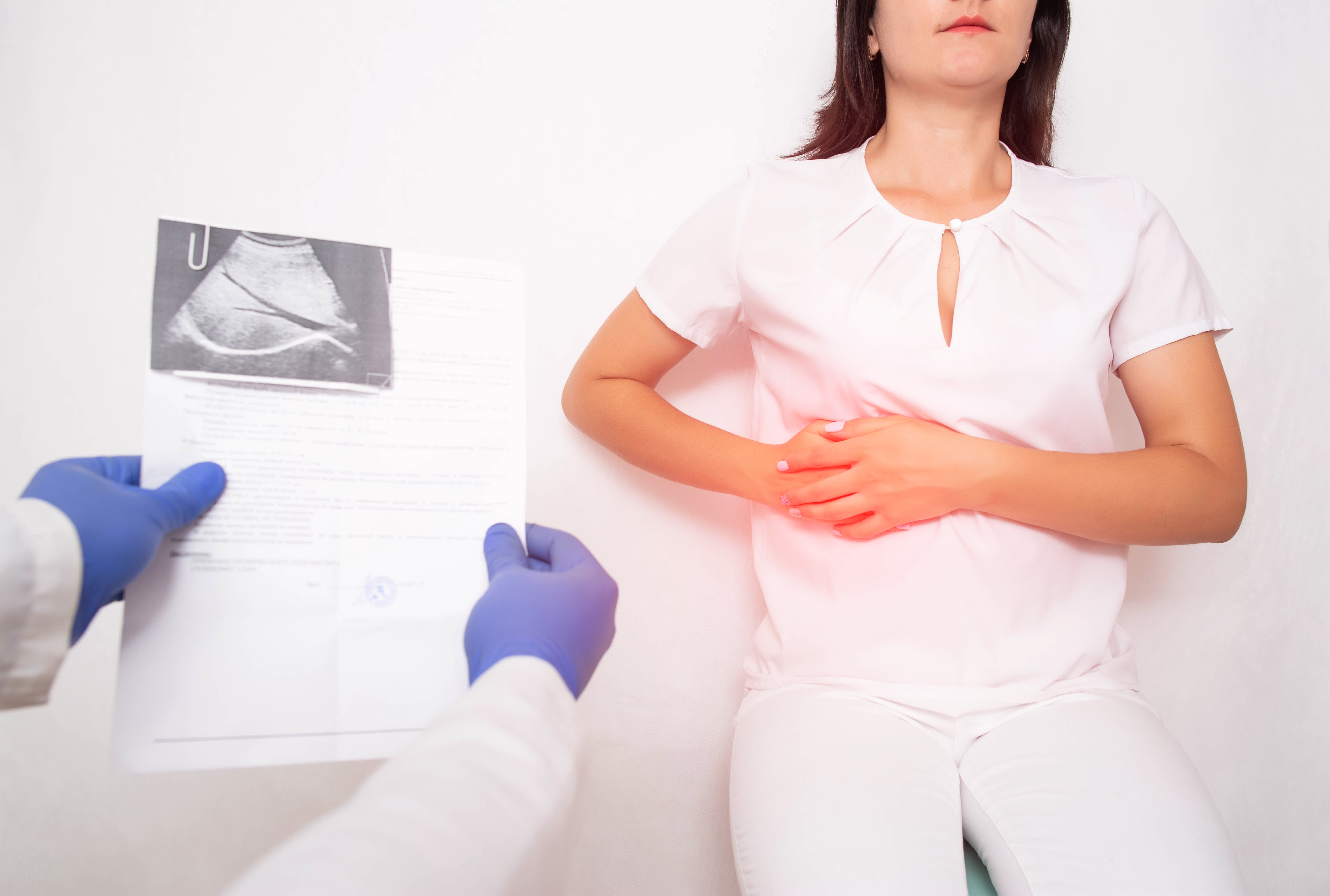
Yes. In fact, up to 98% of us will potentially survive without a gallbladder. This ensures that the liver produces enough bile after you have the gallbladder out, so the gallbladder can still assist with digestion while you eat.
In the last 2% of people, there is not enough bile produced. These people will have a bit more stubble and bellyaches and their stools will look bulky.
I will usually offer some supplements for these patients to help with these side effects.
What are the symtoms of Gallbladder problems?
- Abdominal Pain in the upper right abdomen
- Abdominal bloating
- Fever
- Nausea
- Vomiting
- Back pain [5]
Also read this: What are the most common causes of prolonged lower abdominal pain in women in their 30s?
How are Gallbladder problems diagnosed in Singapore?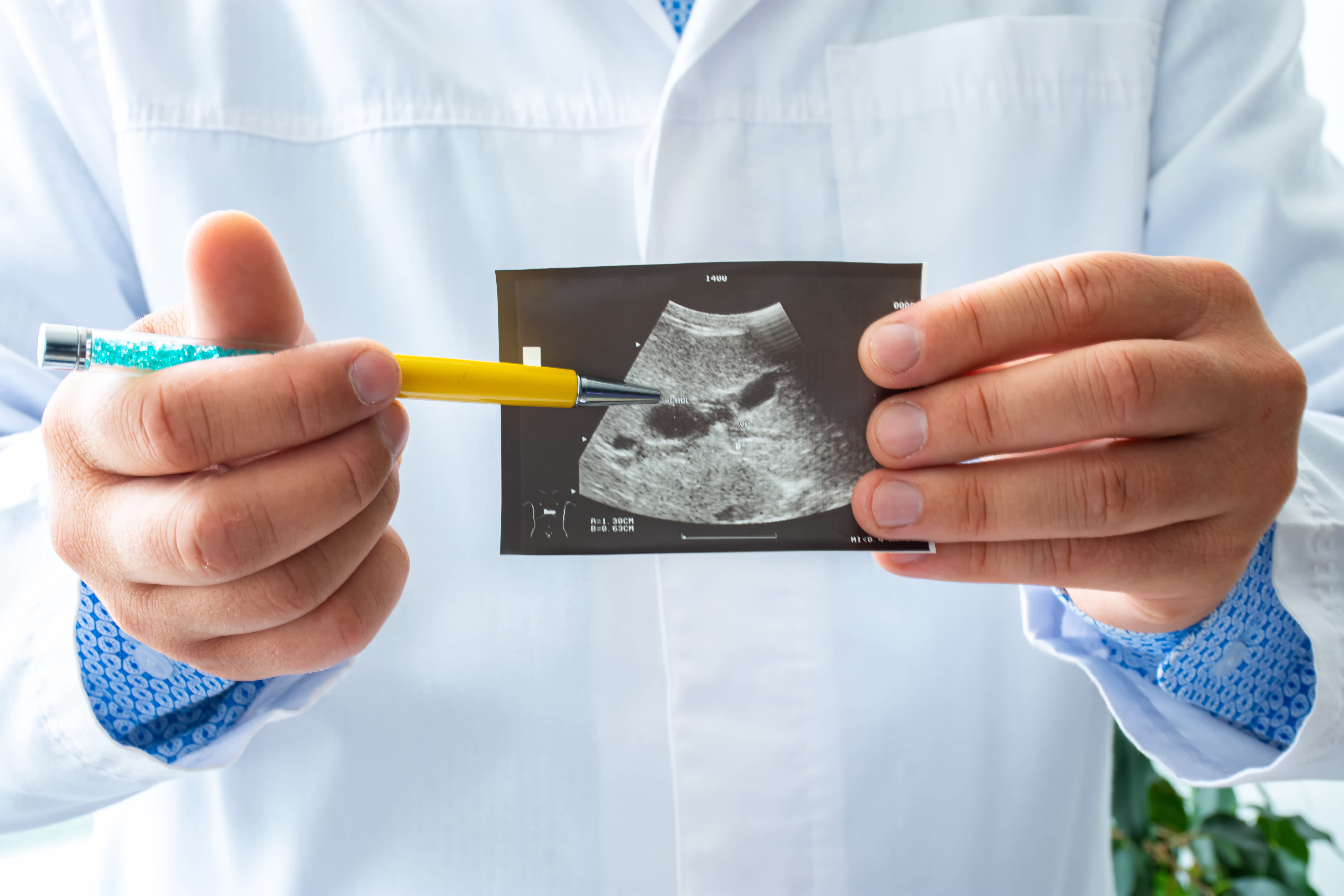
**Abdominal Ultrasound
**Most commonly used in diagnosing gallbladder problems and to look for signs of gallstones. It involves using an ultrasound to create images showing structures of your abdomen.**Endoscopic Ultrasound (EUS)
A more precise way to detect any problems in the gallbladder by using a thin, flexible tube (endoscope) through the mouth and into the digestive tract.Then a smaller ultrasound device is used to create a more precise image of the surrounding gallbladder.
**
**Oral Cholecystography
An x-ray scan of your gallbladder.**
Hepatobiliary Iminodiacetic Acid (HIDA) Scan
An MRI technique that is used to treat kidney, gallbladder, and bile duct problems [6].Computerized Tomography (CT)
Computerized x-ray imaging technique in which a small x-ray beam hits an individual. It rotates quickly around the body, generating signals that are interpreted by the machine's computer to produce cross-sectional images — or "slices" — of the body [7].Magnetic Resonance Cholangiopancreatography (MRCP)
MRCP uses a strong magnetic field, radio waves and a device for disease evaluation of the liver, gallbladder, bile ducts, pancreas, and pancreatic duct.Endoscopic Retrograde Cholangiopancreatography (ERCP)
This could remove the gallstone during the procedure.Blood Test
This may reveal an infection, jaundice, pancreatitis, and other complications [8].
What are treatment options for gallbladder problems?
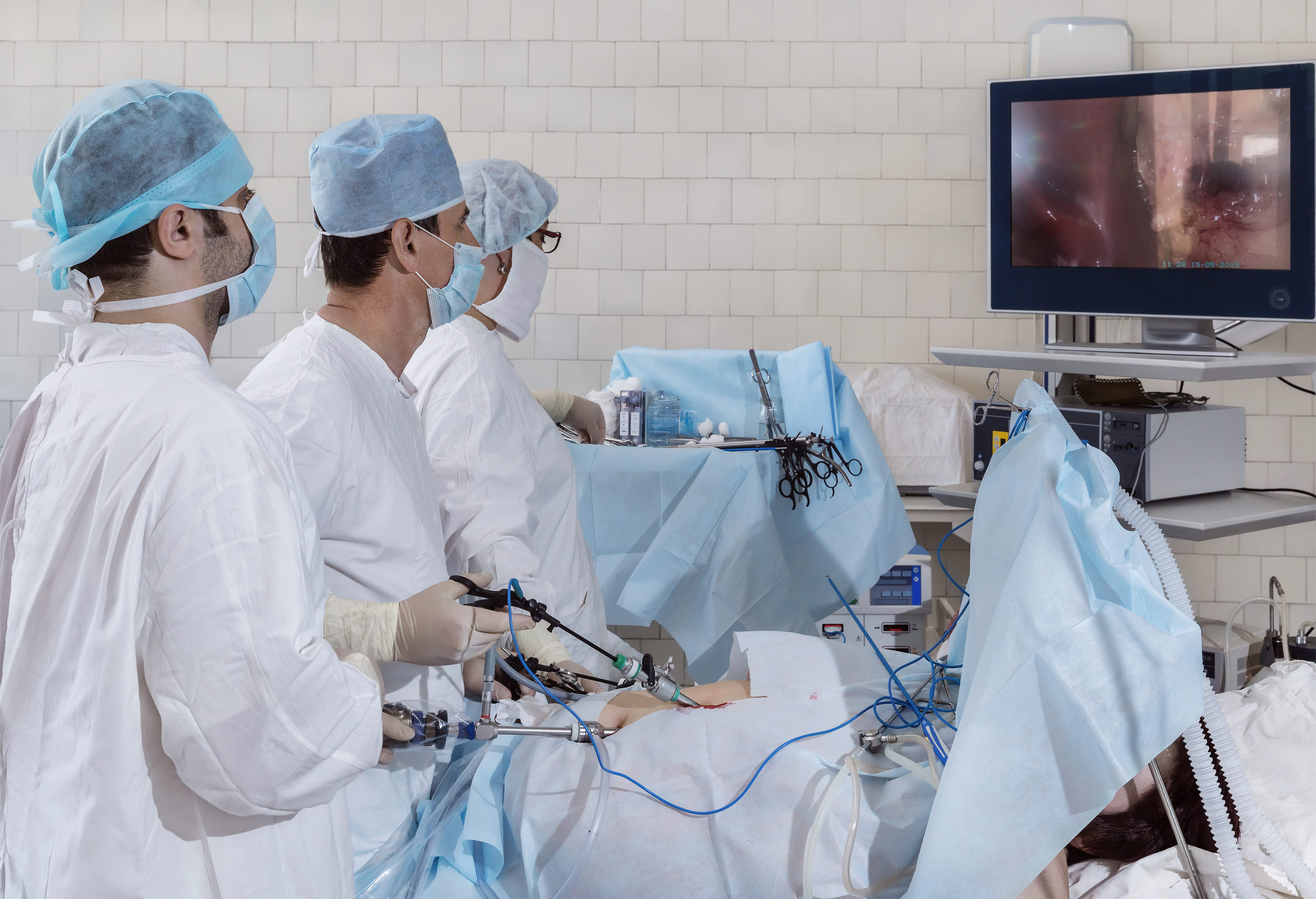
It depends on the complexity of the gallbladder problem. If there is just occasional pain, you can handle it by modifying your diet. If your condition is serious, you require surgery to clear the bile duct.
Some people may use biliary salts. Such salts can break down larger fat globules in food into smaller ones. The smaller the fat, the better our pancreas can break them down for digestive enzymes. They also help the bowel digest fat droplets.
I can also prescribe some medications. This only helps around 30% of individuals because the gallstones are made of cholesterol. It does not work on pigment stones.
Many people also face certain side effects. If you are a candidate for surgery, then that is the recommended treatment if you have a problem with your gallbladder.
Read also: Is there a way to cure gallstones without removing the gallbladder?
1. Open Surgery (Cholecystectomy)
Open surgery is the traditional treatment modality. It requires a big cut and can be uncomfortable. A cholecystectomy is a very safe operation. However, there is a very low chance of complications, such as [9]:
- Leaking bile
- Bleeding
- Blood clots
- Heart problems
- Infection
- Injury of other organs
- Pancreatitis
- Pneumonia
2. Keyhole Surgery
Keyhole surgery has made progress over the last 20 years. It causes less discomfort and usually speedier recovery in patients. Patients return to normal life much earlier than someone who goes out for open surgery.
Both are performed under general anaesthetic, which means that the patient will be asleep during surgery and not feel any pain.
How much does Gallbladder Surgery cost in Singapore?
The cost of keyhole surgery varies according to what needs to be performed. The more complicated it is, the more costly it is. The cost will range from $15,000 - $ 18,000. This price is inclusive of the hospital and general anaesthetic.
Is the surgery Medisave claimable?
Yes, Medisave can cover your gallbladder procedure. Medisave can cover up to $1,850 of your surgery [10].
What can I expect from a consultation with the doctor?
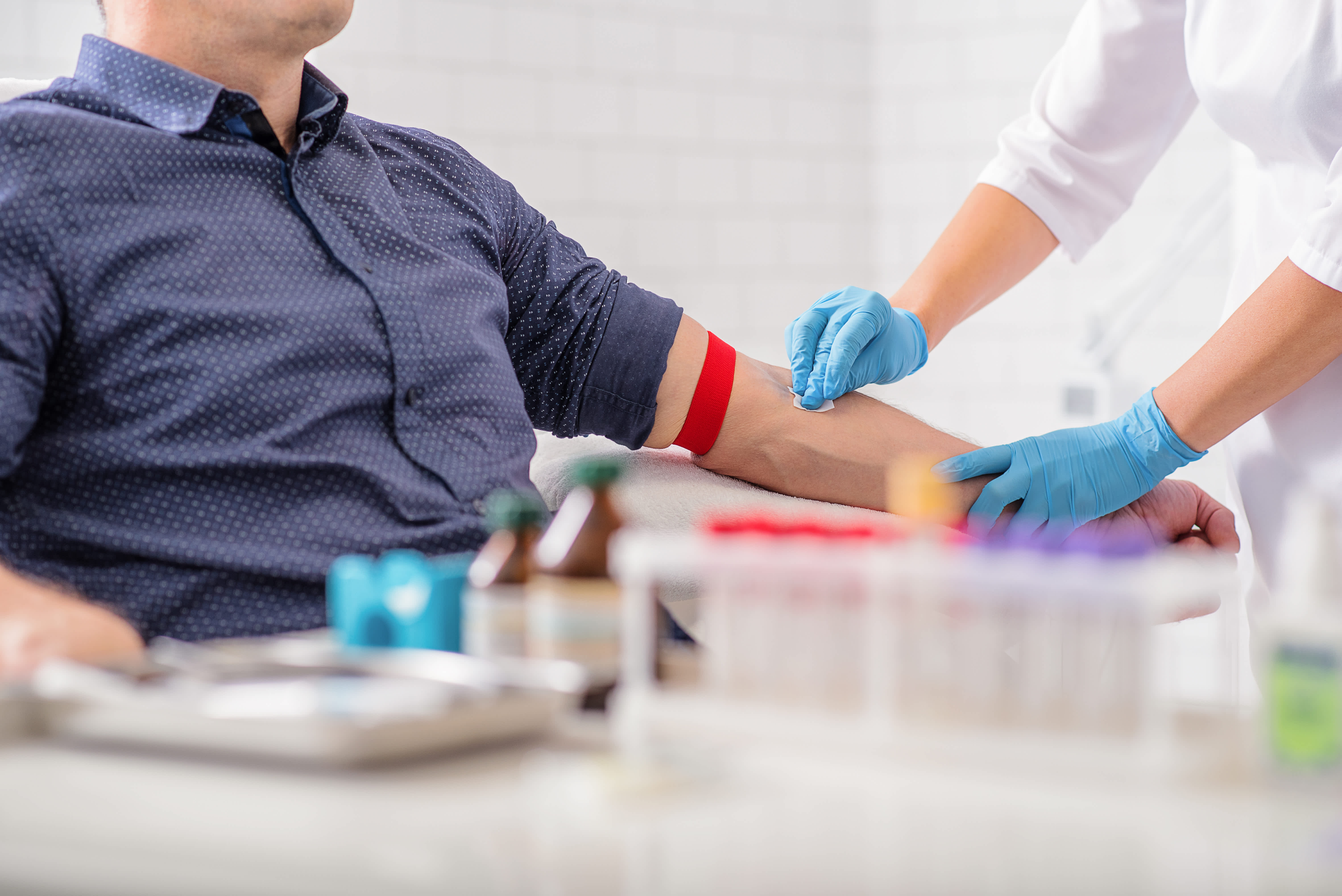
1. Consultation
The consultation as a whole can take anywhere from 30 minutes to 1 hour. It is spent on understanding the gallbladder problem.
The doctor will try to find a cause of your symptoms, which is important because many people can feel the same pain with different conditions. The consultation helps decide whether your issue truly is a gallbladder issue.
2. Assessing your health
I will first assess your health and go through your medical history. After that, I will devote the next 30 minutes discussing all the treatment options, including diet modification and surgery.
I will notify you of the possibility of surgery, travel-hospital entry, procedure and recovery time.
3. Blood tests
Then, I will do some blood checks and an ultrasound scan. The type of examination depends on your age and health. I have to make sure your heart has no issues for treatment as general anaesthetics will be used.
When I determine you are fit, I will set a date and time for the surgery. You will need to fast on the day of the surgery. Keyhole surgery takes about an hour and you will be held overnight. If you are feeling better, you can be discharged.
How should I prepare for a Gallbladder Removal surgery in Singapore?
For gallbladder removal surgery (Cholecystectomy), you have to inform your doctor about the medications or supplements you take. Your doctor will determine which medication you should and should not continue with before the surgery.
You also have to avoid eating and drinking for at least 4 hours before surgery and may only drink water with your medication [11].
What happens when my Gallbladder is removed? What changes to my lifestyle should I make?
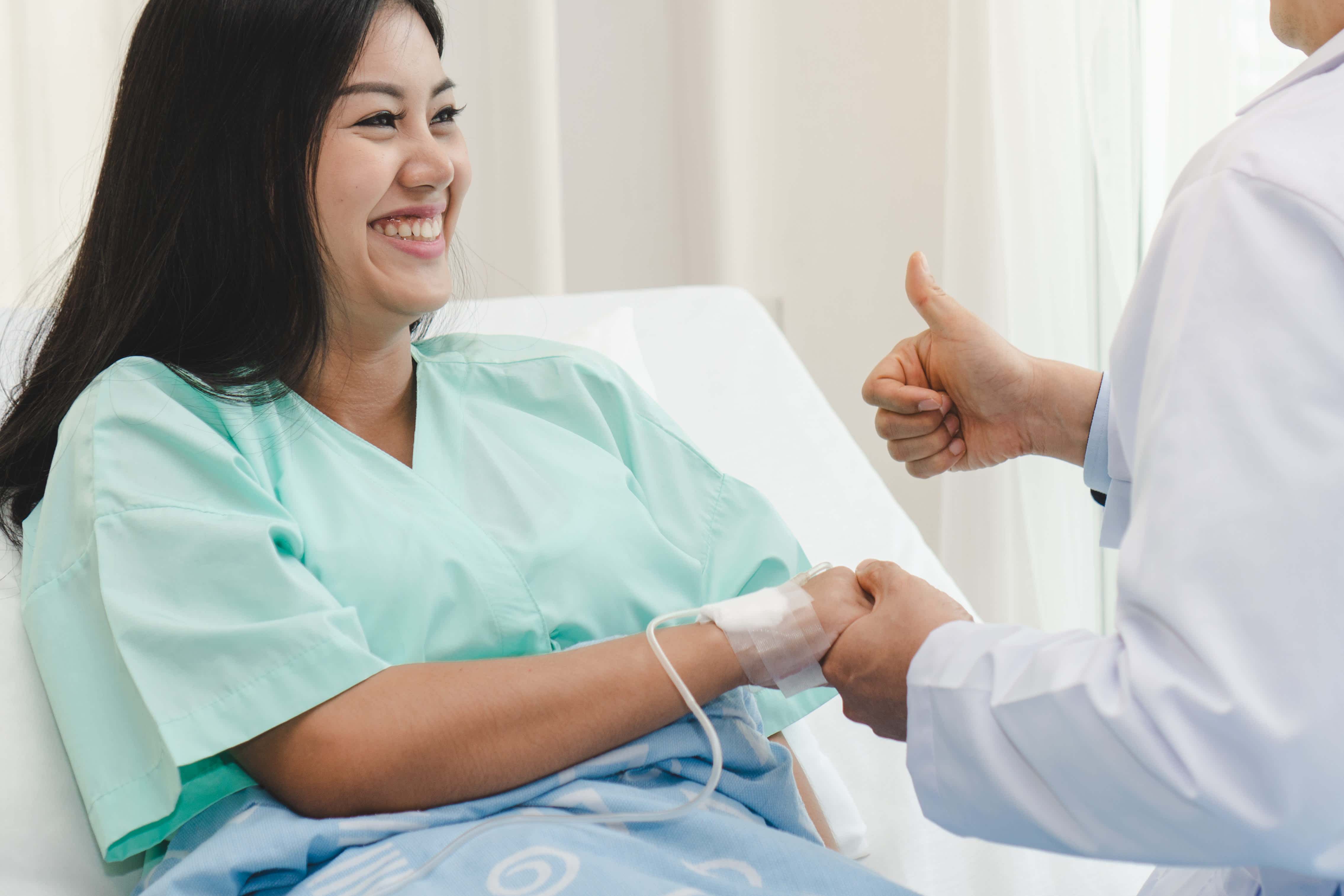
In some cases, you will experience side effects such as bloating or diarrhoea, but this will improve within a week. Your bile will drip continuously to your digestive system instead of being stored in the gallbladder.
You can still live a normal life after having your gallbladder removed, but you must commit yourself to a healthy and balanced diet.
After surgery, you can start eating normally after a few hours, but I’d recommend you switch to a more healthy diet. You can take action by avoiding caffeine, spicy and fatty foods, and by increasing your intake of fibre.
What happens if I ignore my Gallbladder problems?
If you have gallbladder inflammation and choose to ignore it or take too long to get it treated, it will lead to a number of serious complications.
Bacteria can grow and can lead to infection. Pus may form inside the infected gallbladder, killing the organ’s tissue, and further inflammation will lead to bloodstream infection (septicemia) [12].
Who should I see for Gallbladder problems?
You should see a doctor who specialises in digestive systems (gastroenterologist) or an abdominal surgeon [13].
How can I prevent a Gallbladder problem from developing?

Gallbladder problems are mainly caused by gallstones. To prevent or reduce the risks of having gallstones, dietary choices can help to prevent this problem.
Study shows people who eat a healthy diet are at reduced risk of gallbladder problem [14].
Here are some diet tips which will help keep your gallbladder safe:
- Plant-based foods. A good source of vitamins, minerals, and antioxidants
- Lean protein.
- Fibre. Improving the flow of food through the gut and through secondary bile acid production
- Healthful fats. Unsaturated fats like omega-3 may help protect your gallbladder. Reducing fat intake is necessary, but eliminating fats consumption can also result in gallstone formation, so you just need to reduce fat intake.
- Coffee. Balancing certain chemicals and including gallbladder action, and likely intestinal movement as well.
- Calcium
- Vitamin C, magnesium and folate.
Ultimately, you should eat a high-fibre, low-fat diet to avoid having gallstones. Drinking small amounts of alcohol may also help to reduce your risks of having gallstones, but don’t drink too much as it will lead to liver problems.
To sum it all up
Committing yourself to a healthy and balanced diet is a must if you want to take care of your gallbladder. After reading this article, you know what to do if you feel something is wrong with your gallbladder.
Book an appointment with your doctor straight away if you do not feel right. As I mentioned above, it can lead you to multiple complications!
It is better to prevent than cure!




